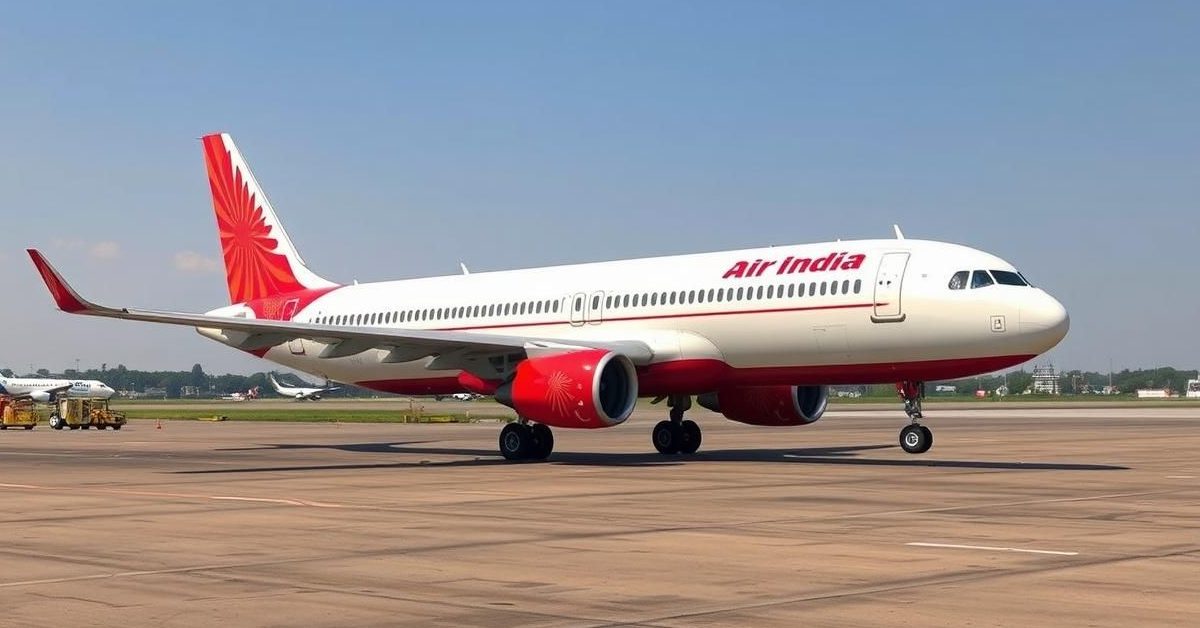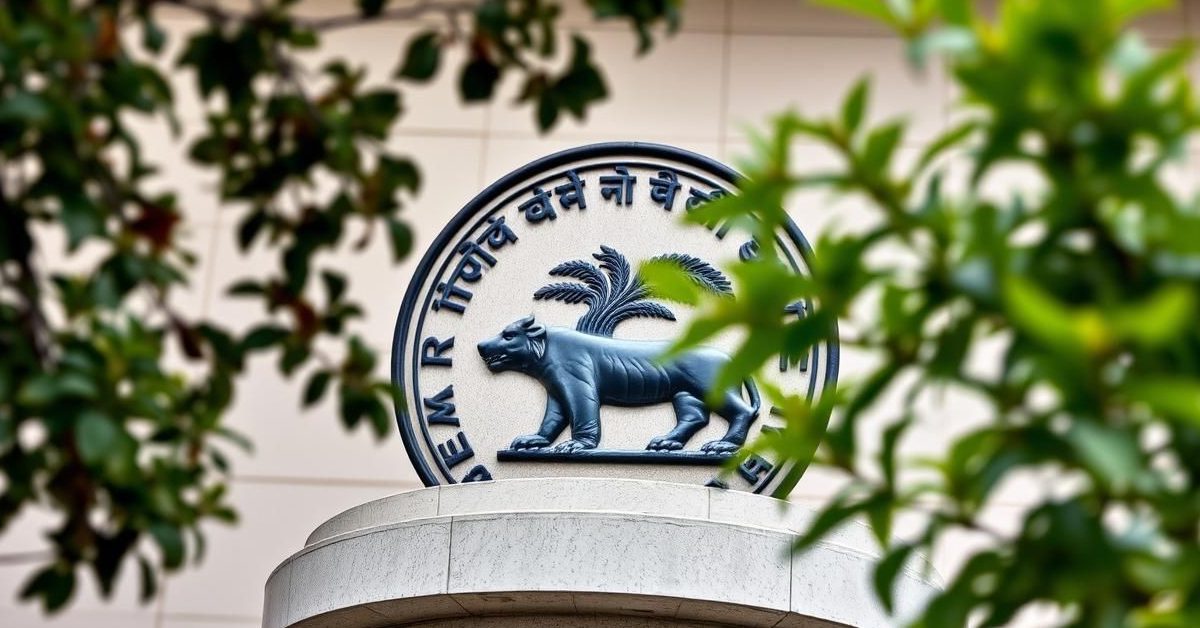Air India CEO Campbell Wilson has urged employees to embrace scrutiny and constructive feedback following a recent crash and heightened safety concerns.
Navigating Intense Scrutiny
Following the tragic Air India flight AI 171 crash in Ahmedabad on June 12, which claimed 260 lives, the airline is under intense internal and external scrutiny. CEO Campbell Wilson has addressed employees, stressing the importance of viewing all feedback “constructively with grace and an open mind.”
Wilson explained that while some attention can sensationalize normal issues, it often highlights genuine areas for improvement. He emphasized that continuous improvement is vital for aviation safety, a principle that has made the industry dramatically safer over the years.
Responding to Recent Safety Concerns
The CEO’s comments come amidst several recent publicized aircraft snags and increased attention from the Directorate General of Civil Aviation (DGCA). Air India has faced multiple regulatory actions, including four show-cause notices related to cabin crew deployment, rest periods, and training lapses.
In response, Air India initiated a “safety pause,” voluntarily conducting additional technical checks on aircraft and adopting a more cautious approach to flight operations. This proactive measure aims to enhance reliability and safety across its fleet.
Targeted Technical Checks
As part of the safety pause, Air India has completed inspections of fuel switches on its Boeing 737 fleet, following similar checks on Boeing 787s. These inspections were prompted by a preliminary report on the Ahmedabad crash, which indicated fuel starvation due to fuel control switches moving to ‘CUTOFF’ position.
While these specific checks found nothing untoward, the airline continues reliability enhancement work. A temporary reduction in schedule, implemented during the pause, is set to partially restore on August 1st, with full restoration planned for October 1st.
Fostering a Culture of Transparency and Action
Wilson underscored that Air India’s culture and systems must prioritize “transparency and integrity as well as action.” He highlighted recent improvements in training, standard operating procedures (SOPs), and compliance processes.
Significant investments have also been made in digital systems to replace paper-based ones, aiming for more accurate and accessible data. The airline is encouraging and protecting staff who report issues, making it easier to share feedback on safety and other matters.
The Human Element of Safety
Ultimately, the CEO stated, performance and improvement depend on people. He stressed the importance of employees conscientiously following processes, striving for excellence, and consistently “doing the right thing, all the time, not just when someone else is watching.”
Positive Customer Feedback Emerges
Despite recent challenges, Wilson shared promising news about customer satisfaction. Over 100,000 customers provided feedback in July through post-flight surveys, resulting in an all-time record Net Promoter Score (NPS) of +34. This marks a significant improvement from FY23’s NPS of -17 and FY24’s -3, indicating growing customer loyalty and satisfaction.
- Air India CEO urges employees to embrace constructive criticism and external scrutiny after the recent Ahmedabad crash.
- The airline is under increased DGCA oversight and has initiated a “safety pause” for voluntary technical checks.
- Inspections of fuel switches on Boeing fleets were completed following the crash investigation.
- Air India is prioritizing transparency, integrity, improved training, and digital systems for better safety reporting.
- Customer satisfaction (NPS) has seen a significant positive shift, reaching an all-time high of +34 in July.
These efforts reflect Air India’s commitment to continuous improvement and regaining public trust in its operations.














